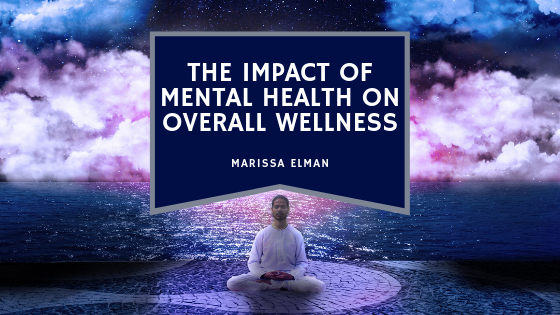Within the past few decades, the understanding of the relationship between physical and mental health has become more evident due to advancements in the fields of psychiatry and psychology. Before this revelation, the healthcare community and society viewed these two as separate entities. However, with recent research, there is a strong correlation between the two. Put simply, taking care of your physical wellness is not sufficient to live a healthy life; you need to ensure you are healthy both physically and mentally. Additionally, there seems to be a connection between those with mental health conditions and physical health disorders, further enforcing the importance of better mental health care.
Patients diagnosed with Schizophrenia are two times more at risk of death from heart disease and three times more at risk of death due to respiratory disease. This relationship is also seen in the reverse. Patients diagnosed with Psoriasis, which is a skin condition that results in dry, scaly, silvery plaques on the surfaces of knees and elbows, have a 1 in 3 chance of experiencing anxiety and depression. 1 in 10 psoriatic patients have contemplated suicide, and 1 in 3 experience problems in their relationships with loved ones.
Mental Disorders affect roughly 20% of the total population, and around 4% have a severe mental impairment. This population is at a higher risk of developing chronic physical illnesses, physical injury, accidents, violent tendencies, and suicidal thoughts or actions. The current issue is that the healthcare system is inadequately capable of dealing with mental illnesses while also treating physical ailments.
Patients often are unable to receive adequate care for their mental illnesses. This allows physical illnesses to recur since patients with mental illnesses have higher morbidity rates than mentally healthy patients. Typically, standard insurance plans do not include mental healthcare coverage, so patients may not be able to receive the care they need when it is most important. This drives healthcare costs ups since underlying mental illnesses go unchecked. Also, society views mental illnesses in a negative light that treats it not as a disorder but more like a conscious choice.
Advancements in psychiatry in recent decades are bringing treatment modalities to the forefront that are now being considered at the time of diagnosing patients. Ohio State Harding Hospital has included a focus on nutrition and spirituality when treating their patients. Harding Hospital is a prime example of how patients could be treated in the future that will allow for a more holistic approach to treatment. Focusing on treating the patient will allow patients to remain illness-free for longer. Learning from hospital systems that have already adopted the view of mental and physical well-being is the most effective way to treat patients holistically.
Treating both mental and physical ailments is essential for patients and providers alike; failing to do so will result in a decrease in quality of life and negative long term effects.
Originally published on Marissa-Elman.com.


